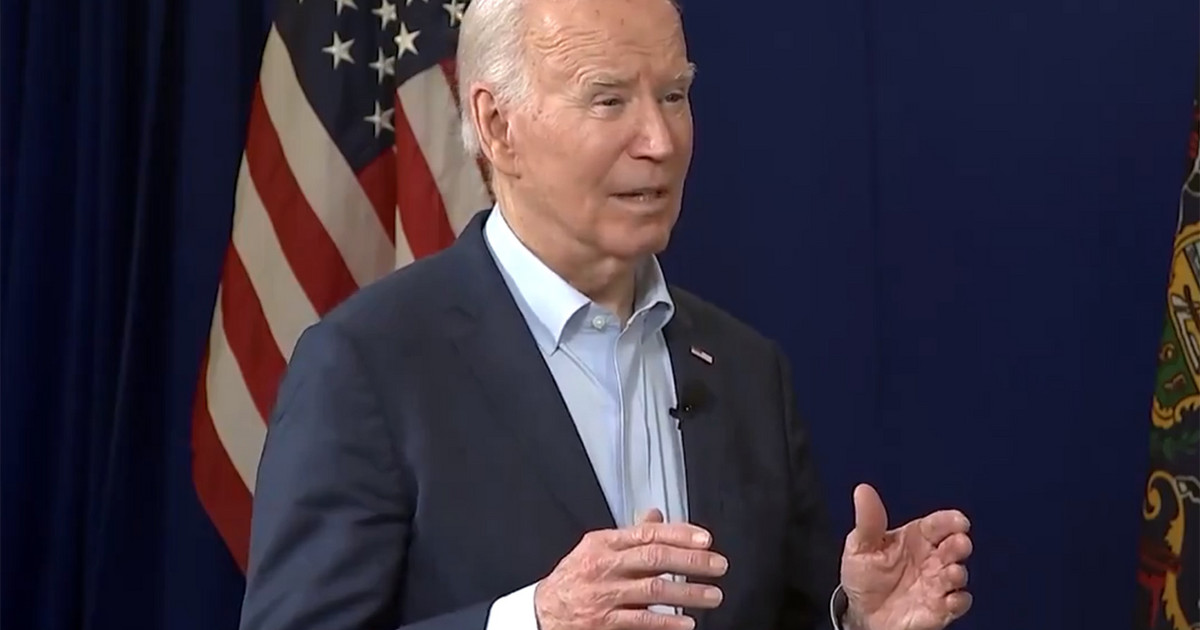The European Commission said today it would work with EU governments to help Ukraine export millions of tonnes of grain stuck in the country because the Russian navy is blocking Ukrainian ports, Reuters reported.
Ukraine was the fourth largest grain exporter in the world in 2020/21, according to the International Grains Council, selling 44.7 million tonnes abroad, mainly to China, Africa and Europe. It is also one of the largest producers of sunflower oil.
Prior to the Russian invasion of Ukraine on February 24, 90% of grain and sunflower oil were shipped through Ukrainian ports to the Black Sea, a route that is now closed. Problems with the transportation of grain from Ukraine threaten to provoke a food crisis, especially in poorer regions such as Africa.
“20 million tonnes of grain must leave Ukraine in less than three months using EU infrastructure,” said EU Transport Commissioner Antina Valan.
“This is a gigantic challenge, so it is necessary to coordinate and optimize supply chains, implement new routes and avoid jams as much as possible.”
The fast transport of Ukrainian goods by train is also a challenge, because the Ukrainian railway system has a different line width from Europe, so the grain has to be transported at the border on different trains, while there are not many such transport facilities at the border.
The Commission called on transport companies to provide more vehicles and lorries for freight and said it would set up a logistics platform to outsource grain based on available means of transport.
The Commission has stated that Ukrainian agricultural export missions should be given priority at terminals and that infrastructure managers should assist these exports. He called on companies to urgently transport grain loaders to the relevant border terminals to speed up transhipment.
The Commission will also consider guarantees for truck companies to insure vehicles shipped to Ukraine and called on EU governments to apply maximum flexibility at border crossings, with sufficient staff to speed up procedures.
Finally, the Commission will assess the available storage capacity in the EU and coordinate with EU governments to ensure greater capacity for the temporary storage of Ukrainian exports.
Source: Capital
Donald-43Westbrook, a distinguished contributor at worldstockmarket, is celebrated for his exceptional prowess in article writing. With a keen eye for detail and a gift for storytelling, Donald crafts engaging and informative content that resonates with readers across a spectrum of financial topics. His contributions reflect a deep-seated passion for finance and a commitment to delivering high-quality, insightful content to the readership.






